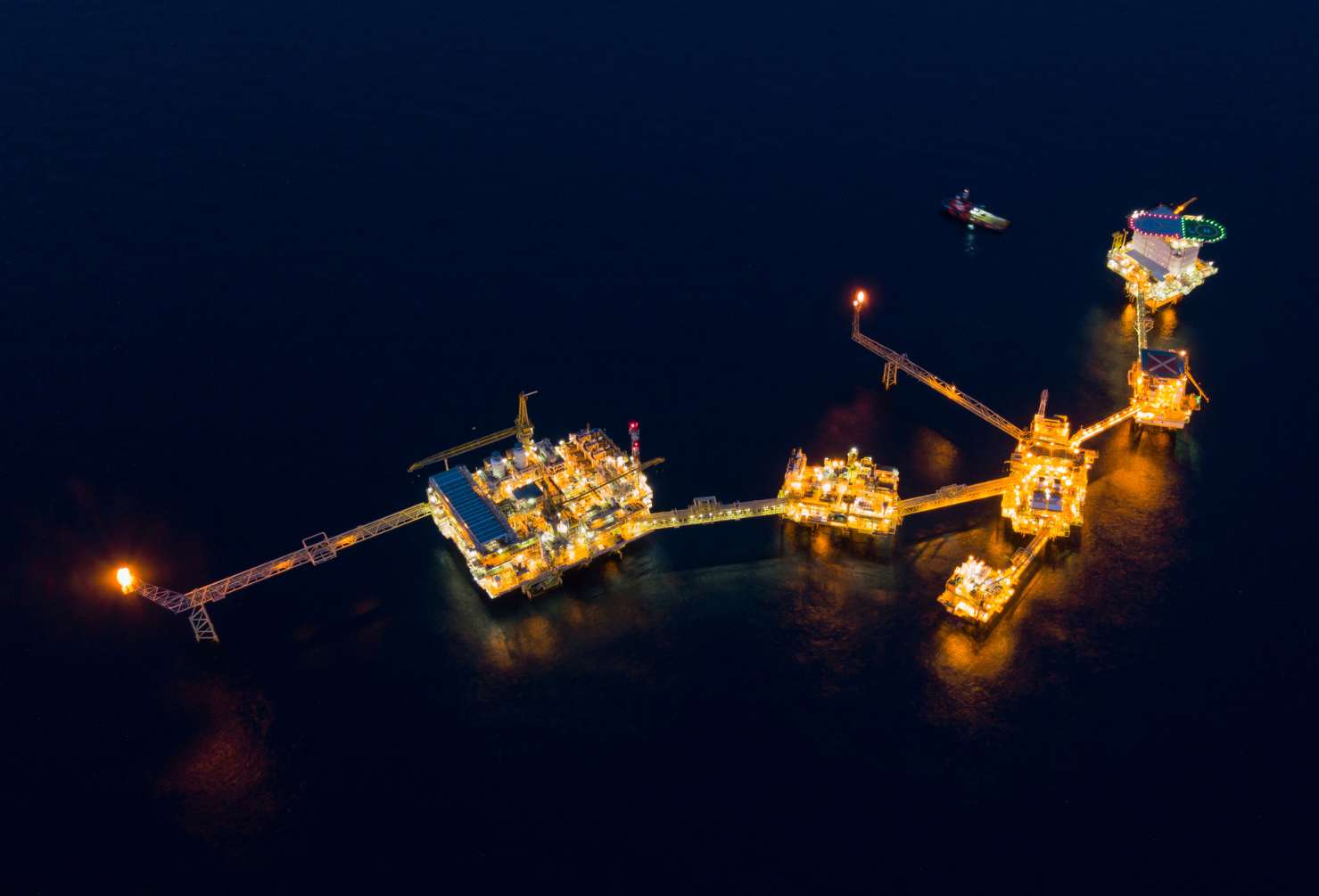
The energy sector offers diverse career opportunities, with offshore energy roles presenting unique challenges and rewards. For professionals currently working in onshore energy projects, transitioning to offshore roles can open doors to higher salaries, exciting international opportunities and exposure to advanced technologies. However, the shift from onshore to offshore work requires careful planning, upskilling and a clear understanding of what offshore life entails.
In this guide, we’ll break down the steps you need to take to successfully transition from onshore to offshore energy jobs.
1. Understand the Offshore Work Environment
Offshore energy jobs, whether in oil, gas, or renewables like offshore wind, come with unique conditions:
- Rotational Schedules: Typically 2-4 weeks on-site followed by similar periods off.
- Remote Locations: Workers are stationed on rigs, platforms, or vessels usually far from urban centers.
- Intensive Work Hours: Long shifts, often 12 hours per day.
- Team Environment: Strong reliance on teamwork and collaboration in close quarters.
Action Tip: Research life on offshore installations through forums, industry blogs and networking with offshore professionals.
2. Identify Transferable Skills
Many skills from onshore roles are directly transferable to offshore jobs. Key transferable skills include:
- Technical Expertise: Engineering, project management and technical operations.
- Health, Safety and Environment (HSE): Safety awareness is critical offshore.
- Problem-Solving: Quick thinking and adaptability in high-pressure situations.
Action Tip: Update your resume to highlight transferable skills relevant to offshore job requirements.
3. Acquire Offshore-Specific Certifications
Offshore roles require specialised certifications that focus on safety, emergency response and technical skills. Common certifications include:
- Basic Offshore Safety Induction and Emergency Training (BOSIET)
- Medical Fitness Certificate (OGUK Medical)
Action Tip: Enrol in certified offshore safety training programs and ensure your qualifications are recognised internationally.
4. Build Your Offshore Knowledge Base
Familiarise yourself with offshore systems, technologies and processes, such as:
- Subsea Systems: Equipment and technology for underwater operations.
- Marine Operations: Vessel management and logistics.
- Environmental Compliance: Regulations governing offshore operations.
Action Tip: Take online courses or workshops on offshore operations to build foundational knowledge.
5. Network with Offshore Professionals
Networking plays a significant role in landing offshore opportunities. Connect with professionals who have made similar transitions:
- Attend industry conferences and seminars.
- Join professional associations like the International Association of Drilling Contractors (IADC).
- Engage on LinkedIn and join energy sector groups.
Action Tip: Reach out to Enxgy for tailored support.
6. Gain Offshore Experience Through Short-Term Assignments
If possible, look for short-term offshore contracts or temporary rotations to gain initial experience. Many onshore companies offer rotational offshore stints to existing employees.
Action Tip: Express your interest in offshore opportunities to your current employer.
7. Prepare for Offshore Life
Offshore jobs come with lifestyle adjustments:
- Limited personal space and recreational activities.
- Restricted communication with family and friends.
- Physical and mental resilience.
Action Tip: Build mental resilience through regular exercise, stress management techniques and strong social support systems.
8. Tailor Your Resume and Application
Ensure your resume reflects your readiness for offshore roles:
- Highlight offshore-specific certifications.
- Showcase transferable skills.
- Include experience with relevant technologies and safety protocols.
Action Tip: Work with a recruitment specialist to refine your resume for offshore job applications.
9. Research Offshore Companies and Opportunities
Focus on companies with a strong offshore presence in oil, gas, or renewables:
- ExxonMobil
- Woodside Energy
- Santos
- Orsted (Offshore Wind)
Action Tip: Regularly monitor job boards and company career pages for offshore job postings.
10. Be Patient and Persistent
Transitioning to offshore roles may take time, as competition can be intense and onboarding processes thorough. Stay persistent, continue upskilling and be open to entry-level offshore roles if needed.
Action Tip: Use rejection as an opportunity to improve your application and skill set.
Transitioning from onshore to offshore energy jobs is an exciting step that can significantly boost your career. By acquiring the necessary certifications, building your network and preparing yourself mentally and physically, you can make a smooth and successful transition.
At Enxgy, we specialise in connecting professionals with offshore opportunities in oil, gas and renewable energy projects. Whether you’re an engineer, technician, or project manager, we’re here to guide you every step of the way.
Stay tuned to the Enxgy blog for more career advice, industry updates and job opportunities in the energy sector.
Table of content
- 1. Understand the Offshore Work Environment
- 2. Identify Transferable Skills
- 3. Acquire Offshore-Specific Certifications
- 4. Build Your Offshore Knowledge Base
- 5. Network with Offshore Professionals
- 6. Gain Offshore Experience Through Short-Term Assignments
- 7. Prepare for Offshore Life
- 8. Tailor Your Resume and Application
- 9. Research Offshore Companies and Opportunities
- 10. Be Patient and Persistent





